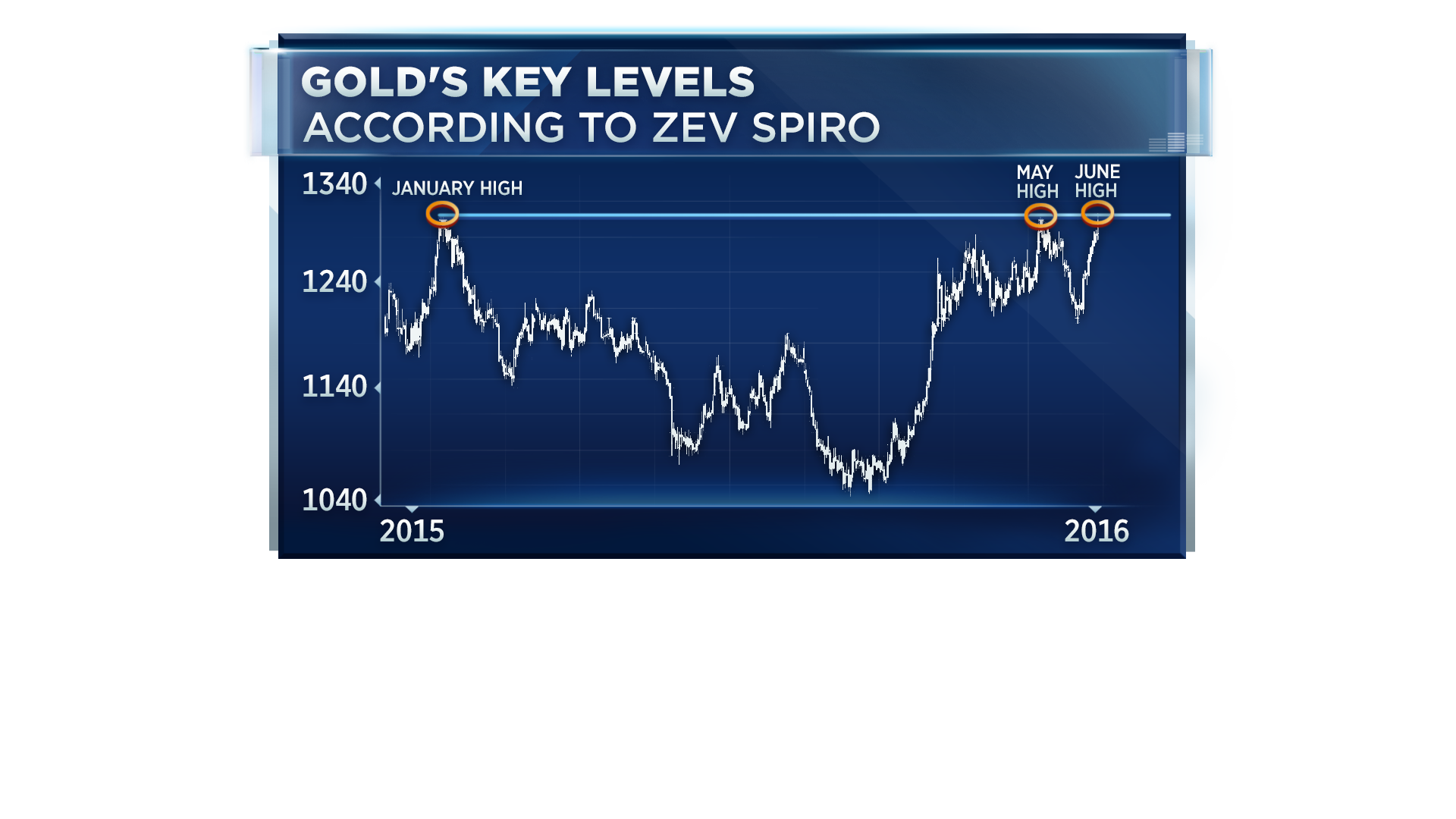The historic U.K. vote to leave the European Union is a sign of a major global meltdown, not just a watershed that marks the end of a unified continent, former Rep. Ron Paul says.
"I think [the EU] will become nonfunctional," Paul told CNBC's "Futures Now" on Tuesday.
"It really is coming to an end. It doesn't mean tomorrow or the next day, but people are going to be really unhappy. The end is coming, but it isn't coming because of the breakup," he added.
Paul attributed the fallout to "bad fiscal policies" around the globe. He said that as long as interest rates remain low, the markets will remain in bubble territory.
"I think what everyone is looking at is there was a vote, an important vote and it went differently than expected and it sent shock waves through the markets, but I think the concentration is on the wrong issue," the former Libertarian and Republican Party presidential candidate said.
Instead, he said, what has caused so much turmoil is what happened before the recent declines.
"What has been preceding this situation that we have throughout the world and this country as well is artificially low interest rates. It causes people to make mistakes in buying bonds," he said.
All major U.S. indexes fell back into negative territory for 2016 on Friday and Monday after the Brexit vote, getting a twinge of relief on Tuesday. Still, Paul expects a heap of market weakness to come.
"Catastrophe doesn't come unless there's something that precedes it, and what sets the stage is monetary policy, artificially low interest rates, zero interest rates," he said. "There's a lot of instability still out there, and this hasn't been corrected yet. I don't think it's going to correct easily," he said.
"We are running out of steam."










































